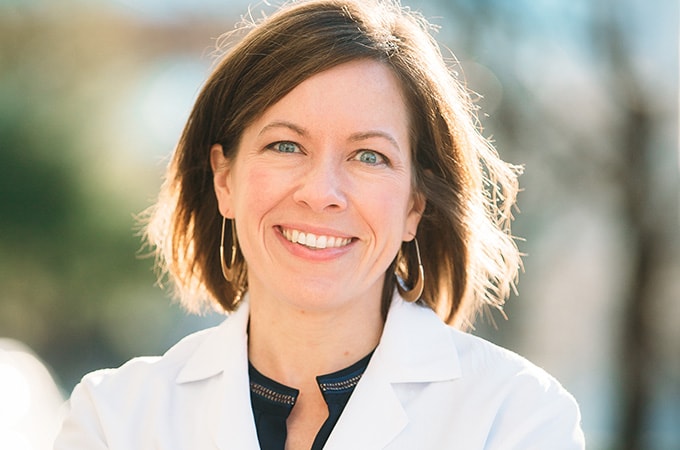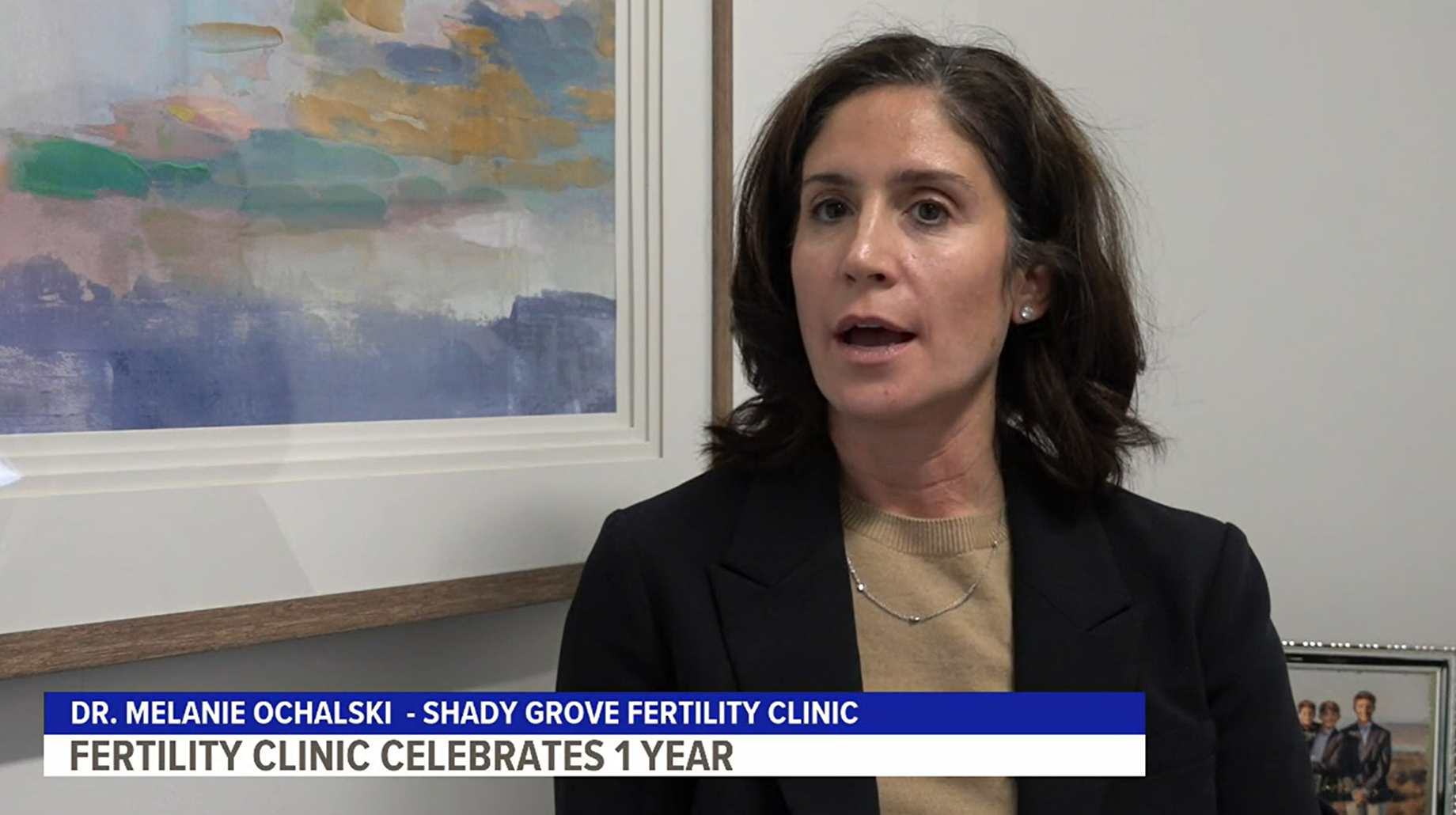Dr. Rebecca Chason of SGF’s Annapolis, MD office co-authored an important article featured in the Capital Gazette about the options available to build a family after cancer treatment.
Cancer and Pregnancy
Thanks for advances in medicine, the survival rate from childhood and adult cancers continues to increase. With many cancer survivors still in their reproductive years, it’s important to consider how cancer treatment will affect their ability to have children in the future. Chemotherapy, radiation, and surgery can affect the quantity and quality of eggs within the ovary. Cancer treatment can also damage or cause a loss of reproductive organs. Because of this, women who are faced with a cancer diagnosis are encouraged to consider fertility preservation with the purpose of preserving their fertility before undergoing cancer treatment.
What options are available for fertility preservation prior to cancer treatment?
Fertility is a challenging subject, and for women with cancer, the majority feel as though their fertility is the single most concerning issue about their cancer treatment. To compound the issue, while the American Society of Clinical Oncology recommends that all physicians assess the risk for treatment-induced fertility, research tells us that the conversation about cancer-related infertility at the time of diagnosis is often less than adequate. For women who are faced with this diagnosis, it’s important to know that there are options.
Fertility preservation preserves, expands, and restores the future reproductive ability for patients with cancer. The process of fertility preservation involves retrieving a women’s eggs prior to cancer treatment. An embryologist will freeze them using vitrification technology. Your eggs will be available when you have completed your cancer treatment and you have been cleared to move forward with attempting pregnancy. A back-up plan is now in place should you need these eggs in the future.
Use of these eggs in the future involves thawing the eggs, inseminating them with sperm, and transferring the embryo into your uterus. With frozen eggs, your success for achieving pregnancy is related to your age when you froze your eggs—not your age at the time you plan to use them.
The Maryland Mandate now covers fertility preservation for patients with cancer.
Due to the efforts of SGF’s Drs. Mottla and Beall, and Loretta Trumble, CRNP, in addition to other collective efforts, on May 15, 2018, Maryland Governor Hogan signed the bill that will require insurers under the Maryland mandate to cover the expense of fertility preservation, sperm and egg freezing specifically, for people prior to medical treatments, such as chemotherapy for cancer, that likely would permanently damage a person’s reproductive ability. Maryland was the first state in the nation to enact infertility insurance legislation and is now the third state that also covers fertility preservation for people with cancer prior to cancer treatment.
Fertility Preservation Decision Making
Making a decision about fertility preservation at the same time you learn about your cancer diagnosis can be stressful and overwhelming.
At SGF, we have a specially trained team that works specifically with people with cancer. We will work directly with your oncology team to ensure we expedite your fertility preservation so that cancer treatment can quickly begin. Known as the oncofertility team, they help guide you through each step of the treatment process, from finding ways to afford treatment to the actual medical procedure. Due to the time sensitivity with treatment, you can expect an expedited treatment plan and to see a physician for consultation as soon as possible.
Once you decide to move forward with treatment, it generally takes 2 to 3 weeks to complete stimulation of the ovaries for the egg retrieval.
To learn more about fertility preservation options when faced with a cancer diagnosis, please contact our New Patient Center at 1-877-971-7755 or complete our brief online form.






